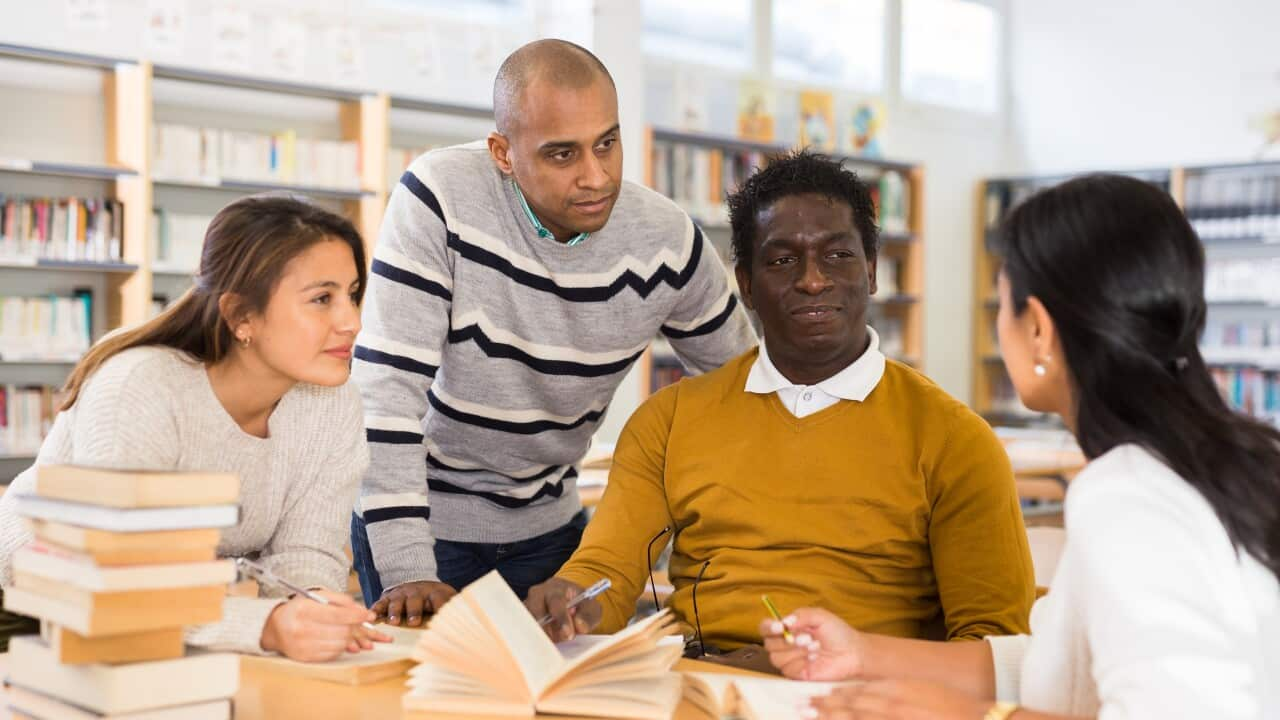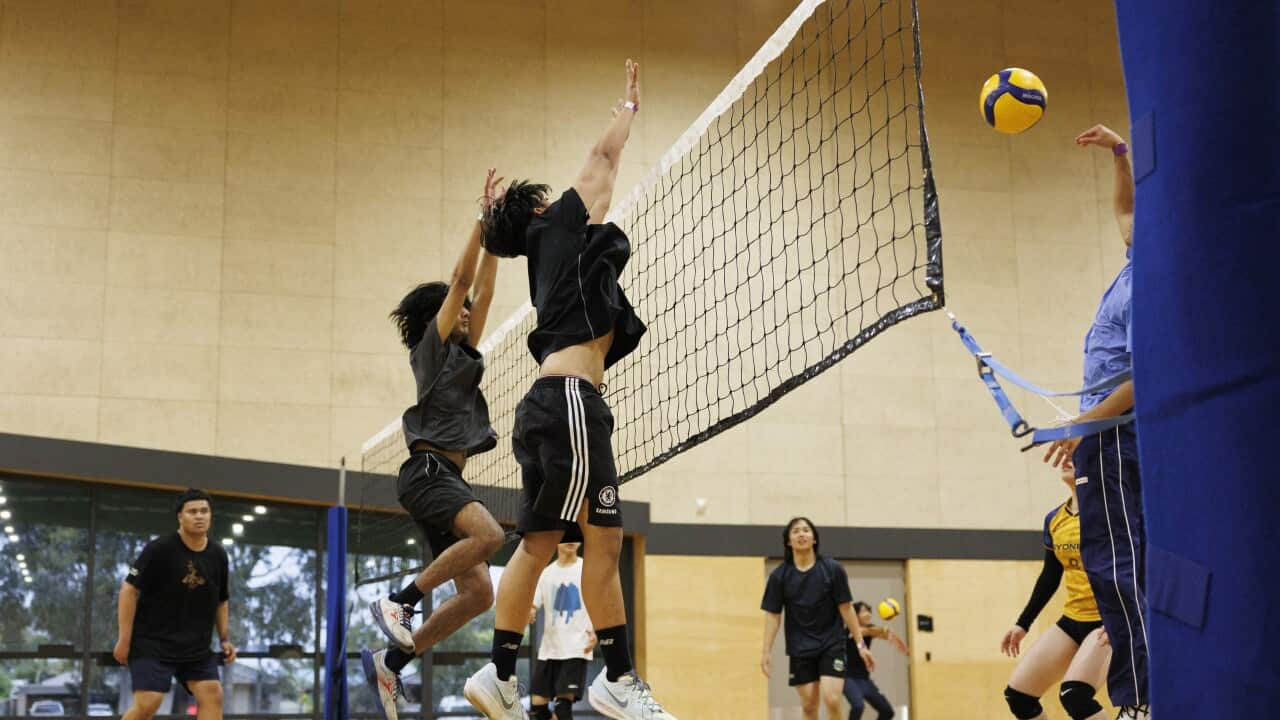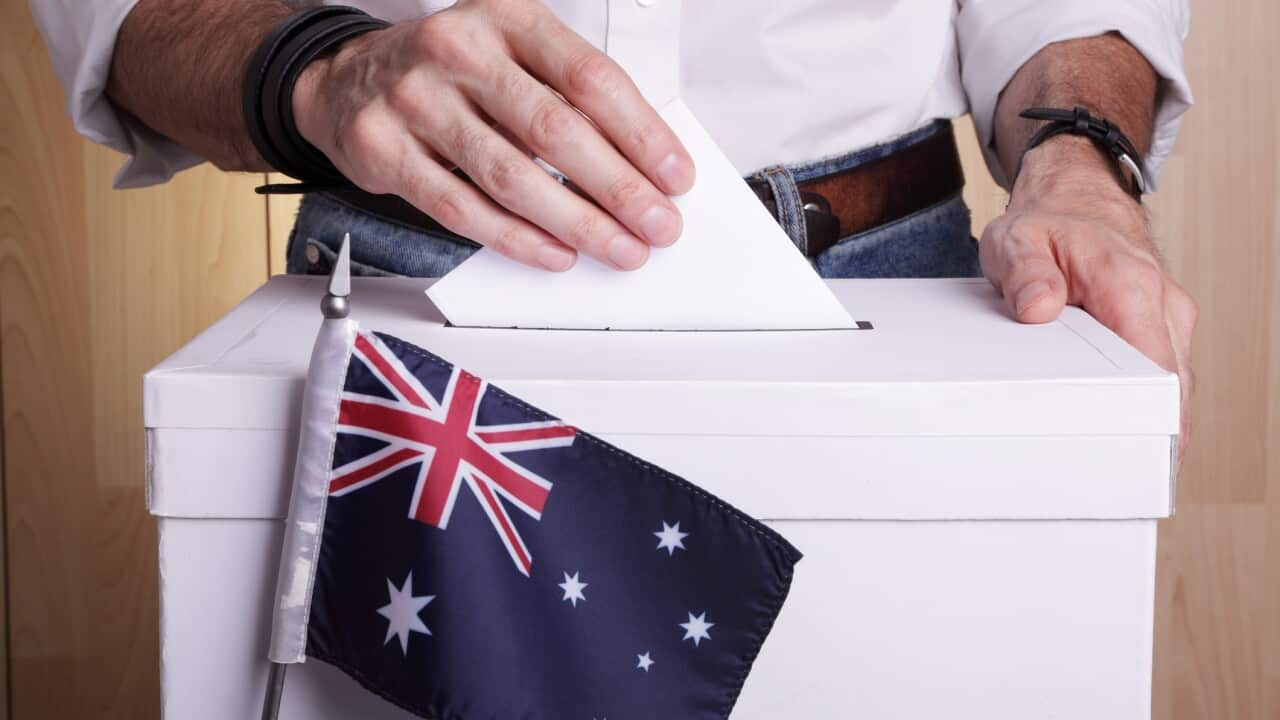Key Points
- Australian public libraries provide free programs and services that connect and support people of all ages.
- Libraries play a crucial role in helping new migrants settle in, offering English classes, cultural programs, and community-building activities.
- Some libraries now employ social workers, reinforcing their role as inclusive and evolving community spaces.
Across Australia, public libraries hold over 40 million books in English and other languages. But their role extends far beyond lending books.
Libraries have always been about connection.
Their programs and events feature anything from story-time and author talks to digital literacy classes, cultural festivals, and repair workshops.
Runti You, a librarian at , remembers her surprise when she moved from a small Chinese town and discovered all the services Australian libraries offer. She now helps new migrants navigate the system.
“It came as a culture shock at the beginning to me that the public library services offer so much beyond books in Australia,” she says.

Australian public libraries provide free programs and services that connect and support people of all ages. Credit: The Wagga Wagga City Library
A gold mine for new migrants
Many libraries, especially in multicultural areas, run programs for new arrivals, helping them learn English, connect with their community, and understand Australian life.
In New South Wales, the runs the popular Language Café for migrants. Volunteers either teach English or simply chat or read a book with the participants, explains programs officer Leila Davandeh.
She also curates an exhibition showcasing library members and their journeys to Australia. A young Yazidi woman is currently featured.
In Doncaster, Runti You runs a reading group that brings together newcomers and long-time residents looking to improve their English.
“As we progress with this group, they slowly will form lovely friendships between the group members as well. So, with this particular group, I feel it's not just finding a space to help them improve their English skills, it also provides them an opportunity to get to know everyone else in the community who is also aiming to improve their English skills with different cultural backgrounds and to build that connection between themselves,” she says.
Libraries for everybody
Programs for children, teens, and families are another big draw-card.
“I’ve been a young mum with a toddler, not working, and just looking for a refuge, so libraries have always been a refuge for myself. I understood it when I started working in a library and saw all these young mums with their kids, young kids, wandering around the library. It not only helps them to see other people and socialise, they are in direct touch with the literature, with words, with books,” says Leila Davandeh.
Pamela López, a library user in Melbourne, loves attending baby-time and story-time with her young son: “I've found myself fully immersed in the present moment, enjoying and singing nursery rhymes with my baby, and I found that pretty unique because you look around and then, you realise that everyone is doing the same.”
Many libraries also run story-time sessions in languages other than English.
Alongside Language Café, the Wagga Wagga City Library has a multicultural youth program. “We do drama, we do music, we run one session of guitar lessons, one session of drum lessons, we do portrait painting or we run information sessions. We have invited a few people with different careers to talk about their careers and what are the steps as a newcomer to Australia you have to take to get there,” says Ms You.

Libraries play a crucial role in helping new migrants settle in, offering English classes, cultural programs, and community-building activities. Credit: Wagga YMG Karate Session/ The Wagga Wagga City Library.
They also cater to adults and seniors with technology workshops, book clubs, and career support sessions.
And as libraries embrace digital transformation, many programs, like homework help and author talks are now available online, so you can still access them even if you can’t make it in person.
Bronwyn Arnold holds the ’ social inclusion portfolio and is branch manager, in Melbourne’s east. She says librarians are always ready to help.
“We always say that librarians don't know everything but my word, we like to find out everything when people ask us questions! If you come and say to us ‘I can't do this’ or ‘I don't have the answer to that’, we will absolutely sit down with you and guide you through whatever you need to do to find that answer.”

Some libraries now employ social workers, reinforcing their role as inclusive and evolving community spaces. Credit: The Wagga Wagga City Library
Library social workers are providing extra support
With libraries becoming more central than ever to communities, some now employ social workers.
Lizzie Flaherty, the , is based at the . She hopes to see more social workers in libraries nationwide.
“Libraries are constantly growing and changing places that evolve with the communities, that evolve around them. People are able to start understanding how social work can play a part in these big puzzles of community,” she says.
She sees libraries as one of society’s most inclusive spaces.
“Libraries are the last places where you don't have to fit in a box or pay a price or be a specific kind of person to be able to be here; everyone is welcome, and that's the point. It's free, it's open, it's safe.”
Subscribe to or follow the Australia Explained podcast for more valuable information and tips about settling into your new life in Australia.
Do you have any questions or topic ideas? Send us an email to [email protected].












